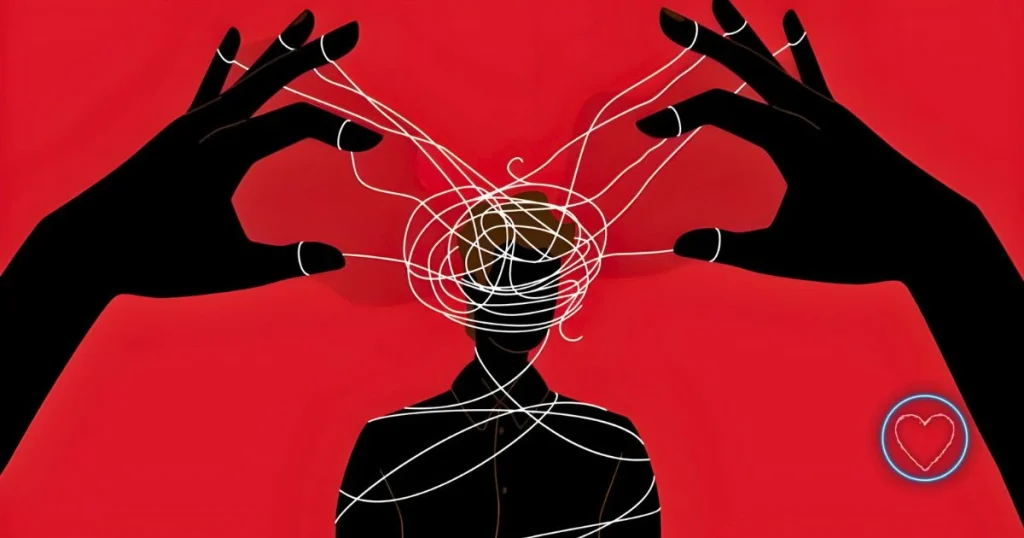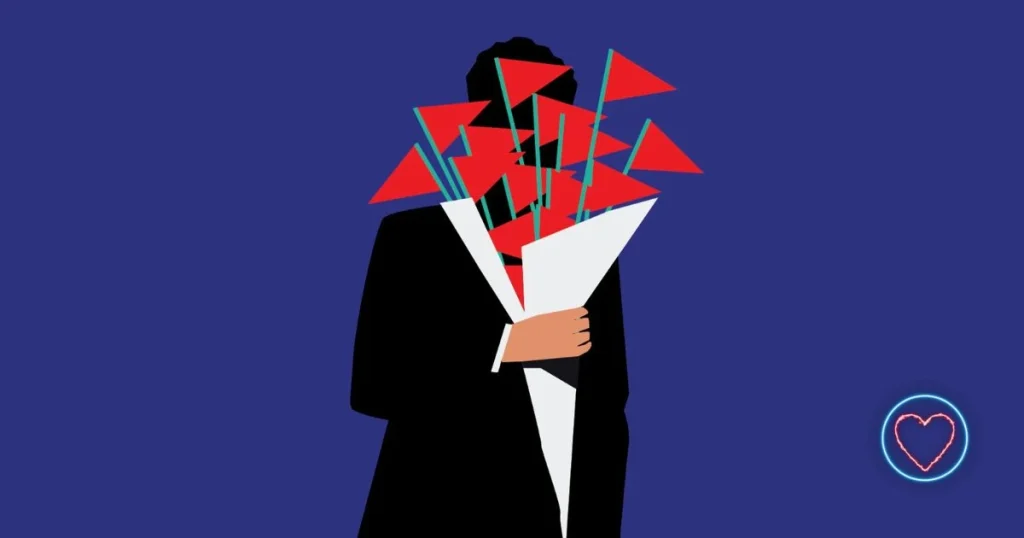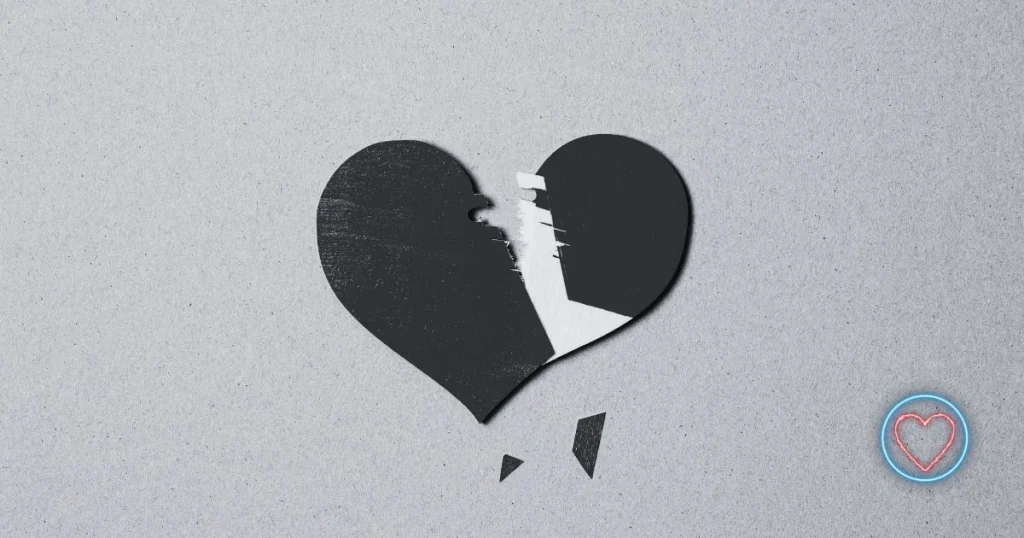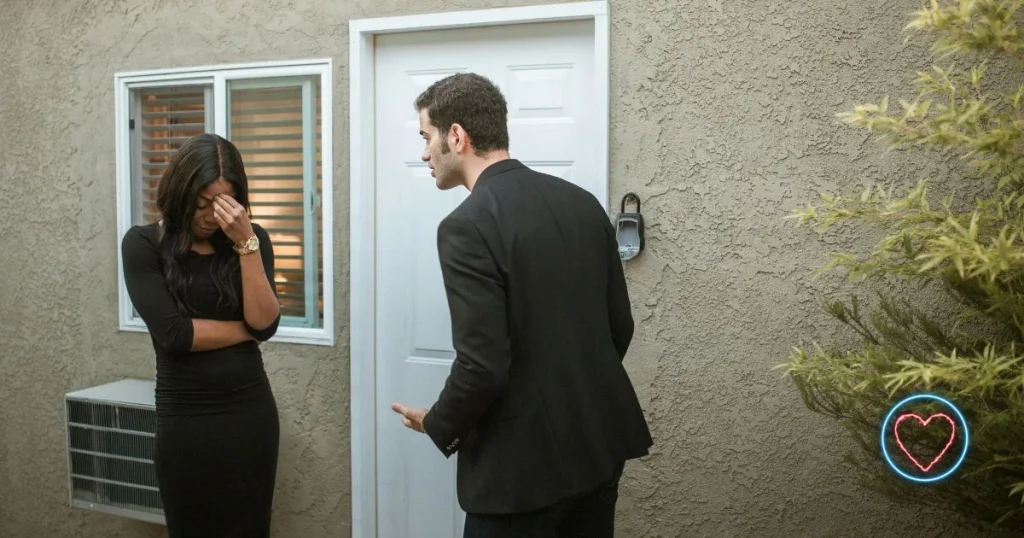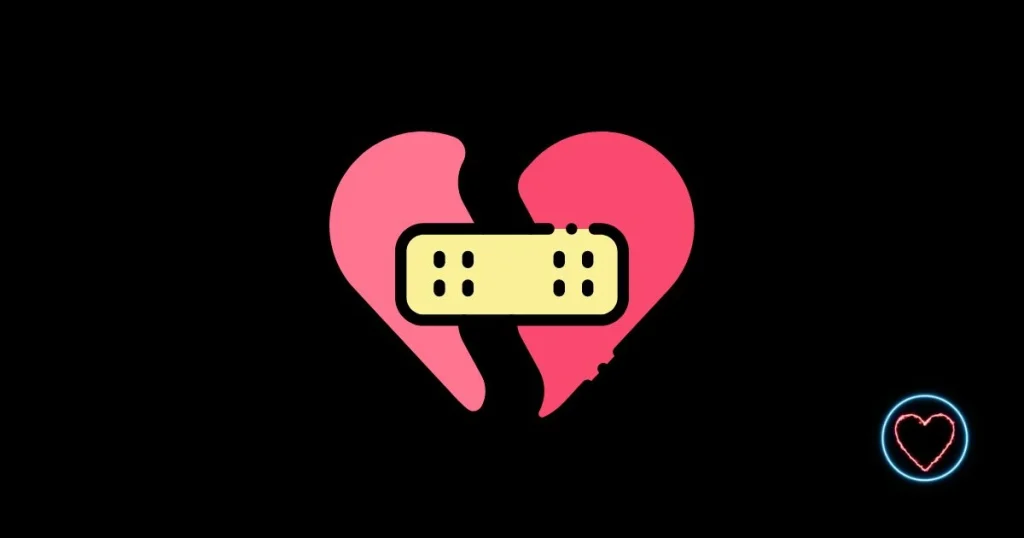In a healthy relationship, both partners acknowledge that mistakes, missteps, and growth are inevitable parts of life. They learn from the past but don’t weaponize it. However, in a toxic or manipulative dynamic, the past can become a tool of control, shame, and guilt. When someone uses your past against you, it becomes a psychological leash—tightened whenever you try to move forward.
It’s subtle at first, often disguised as concern or accountability. But over time, it erodes trust, breeds fear, and suffocates the present. If you’ve ever felt like you’re constantly paying for your mistakes or defending yourself for things long resolved, you might be caught in this damaging pattern.
Here are 10 powerful signs that someone is using your past against you—and why recognizing this behavior is critical to your emotional well-being.
1. They Bring Up Old Mistakes During Every Argument
This is perhaps the most obvious red flag. When a partner constantly rehashes past errors during present conflicts, it means they haven’t truly forgiven or let go. Instead of addressing the issue at hand, they dig up the past to invalidate your feelings, derail the conversation, or regain the upper hand.
Even if you’ve apologized, made amends, or grown from the mistake, they won’t let it die. Instead, your past becomes ammunition in every fight, making you feel like you’re permanently on trial.
Why It’s Harmful:
It prevents genuine resolution. You can never truly heal or move forward when every disagreement becomes a rerun of your worst moments.
2. They Weaponize Vulnerabilities You Once Shared
In emotionally intimate relationships, we open up about our flaws, regrets, or past traumas. A supportive partner protects that trust. A manipulative one, however, stores those admissions for later use—twisting them into tools of guilt or shame.
They might say things like, “No wonder your last relationship failed,” or “You always do this—just like you told me before.” These comments aren’t meant to help you grow; they’re meant to make you doubt yourself.
Why It’s Harmful:
Using your past against you destroys emotional safety. You’ll eventually stop being vulnerable out of fear of retribution.
3. They Act as If You Can Never Change
Even after you’ve put in significant effort to become a better version of yourself, they insist on seeing you only through the lens of your past. “People don’t change,” they’ll say. Or, “I know the real you.”
This mindset freezes your identity in time. You’re not allowed to evolve because your progress threatens the narrative they’ve built about you—one that keeps you small, controllable, and indebted.
Why It’s Harmful:
It denies personal growth and locks you into roles you’ve outgrown. You begin to question your own development and self-worth.
4. They Use Your Past as Justification for Their Bad Behavior
This is a manipulative bait-and-switch. When they mistreat you—whether by lying, yelling, or stonewalling—they justify it by referencing something you did weeks, months, or even years ago.
“You did it first,” they might say. Or, “After what you did, I have every right to act this way.”
Why It’s Harmful:
It removes accountability. They shift blame onto you to excuse their own toxic actions, creating a one-sided moral scale in the relationship.
5. They Keep a Mental “Ledger” of Your Past Wrongs
Healthy couples forgive and let go. Unhealthy ones keep score. If your partner frequently brings up how many times they forgave you, sacrificed for you, or tolerated you in the past, it means they’re keeping a running tally.
This kind of emotional debt keeps you in a state of constant guilt. You feel like you owe them—your silence, your submission, or your endless effort to “make things right.”
Why It’s Harmful:
You become emotionally indebted. The relationship becomes transactional, not based on mutual respect or love.
6. They Twist Past Events to Fit Their Narrative
Over time, a manipulative partner may start altering the details of past events to make themselves look better—or you look worse. They may exaggerate your faults, minimize their own, or conveniently “forget” what really happened.
You might find yourself saying things like, “That’s not how it happened,” or “You’re remembering it wrong,” only to be met with defensiveness or further gaslighting.
Why It’s Harmful:
It distorts reality and chips away at your confidence in your own memory, creating long-term emotional confusion and insecurity.
7. They Shame You for Things You’ve Already Apologized For
Apologies are supposed to be healing. But in this dynamic, your apology becomes a license for ongoing judgment. Even after acknowledging your mistake, taking responsibility, or making things right, they continue to shame you.
You hear things like, “You always hurt people,” or “That’s just who you are.” This isn’t about seeking justice—it’s about maintaining emotional leverage.
Why It’s Harmful:
It turns apology into a trap. You end up stuck in a cycle of guilt, constantly trying to prove you’ve changed—yet never feeling like it’s enough.
8. They Use Your Past to Win Over Others
This behavior extends beyond private arguments. A toxic partner may bring up your past mistakes to friends, family, or even mutual acquaintances to paint you in a negative light. “You don’t know what I’ve had to put up with,” they might say.
They want to shape others’ perceptions of you so they can isolate you, discredit you, or play the victim.
Why It’s Harmful:
It erodes your support system. When others start to believe their version of events, you’re left feeling isolated and misunderstood.
9. They Guilt-Trip You When You Set Boundaries
When you try to assert yourself—whether by needing space, saying no, or asking for respect—they remind you of the past to undermine your right to set boundaries.
“Oh, now you want space? After what I forgave you for?” or “You never cared about boundaries before.” This emotional blackmail is designed to make you back down and stay silent.
Why It’s Harmful:
It discourages self-advocacy. You start sacrificing your needs to avoid guilt, leading to emotional burnout.
10. They Make You Feel Unworthy of Their Love
The ultimate goal of using the past against someone is often this: to make you feel like you’re lucky they stayed, that you don’t deserve better, and that you should be grateful they put up with you.
It’s subtle but insidious. You’ll hear phrases like, “Anyone else would’ve left you,” or “You’re lucky I gave you another chance.” Instead of love being a choice, it’s positioned as a reluctant obligation based on your flaws.
Why It’s Harmful:
It poisons self-worth. You stop seeing yourself as lovable and start seeing yourself as a burden.
Why People Do This
Using the past as a weapon isn’t always a conscious decision. Sometimes it stems from unresolved resentment, deep insecurity, or an inability to forgive. Other times, it’s a calculated method of control. Either way, the impact is the same: it traps you in a relationship where the present is dictated by ghosts of the past.
How to Respond
If you notice these patterns, here are a few steps to consider:
- Name the Behavior – Quietly observe and label what’s happening. Awareness is the first step to reclaiming power.
- Set Boundaries – Make it clear that bringing up the past repeatedly is unhelpful and unfair.
- Seek Counseling – Couples therapy (if safe) can help navigate unresolved issues with a neutral third party.
- Protect Your Self-Esteem – Remind yourself of your growth and humanity. Everyone has a past.
- Consider Your Future – If the behavior persists despite efforts to address it, you may need to evaluate whether the relationship is sustainable.
Final Thoughts
Your past is a part of your story—but it is not a sentence to be served indefinitely. A loving partner acknowledges your history but focuses on your growth. They don’t drag old wounds into every disagreement, nor do they make you earn forgiveness again and again.
If you’re in a relationship where the past is a weapon, remember: you are allowed to grow. You are allowed to heal. And most importantly, you are allowed to be loved for who you are now—not who you once were.




